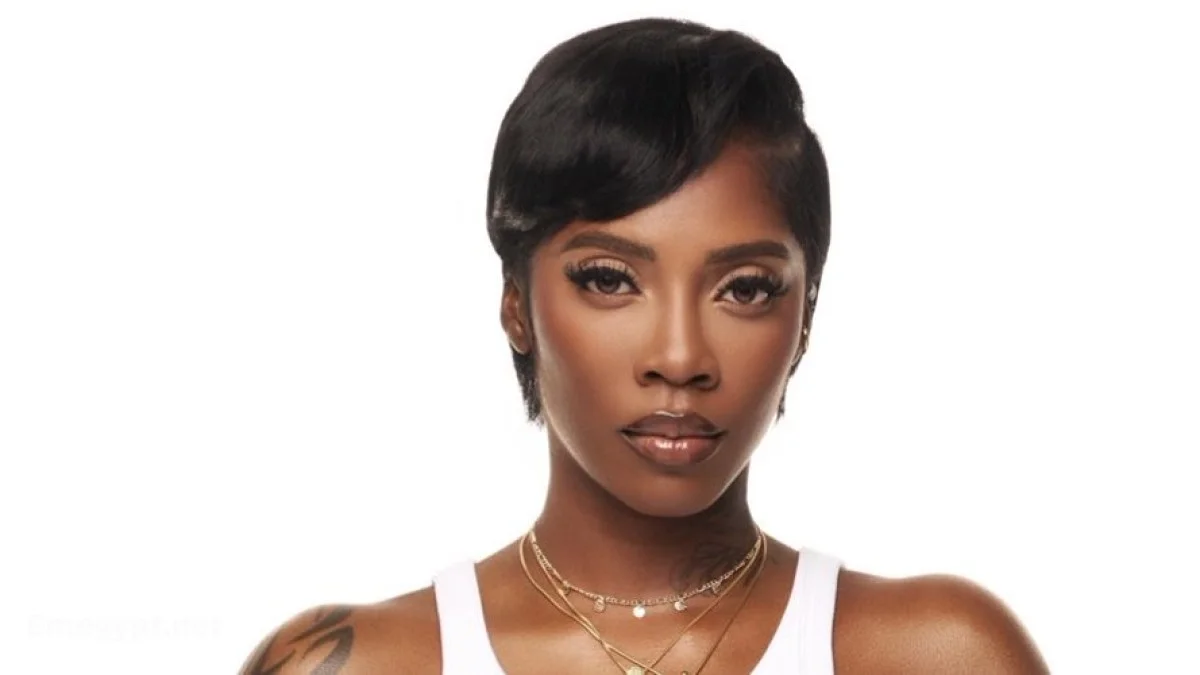
**Tiwa Savage Sparks Social Media Debate Over Tyla’s Identity Comments**
Nigerian music sensation Tiwa Savage recently ignited significant discussion on social media following her commentary on a contentious topic involving South African singer Tyla. The debate centers on Tyla’s use of the term “coloured” to describe her mixed heritage, a subject that has raised eyebrows across cultural lines.
Understanding the Cultural Divide: Tiwa Savage’s Perspective
During her appearance on The Breakfast Club radio show on September 23, 2025, Savage addressed the controversy by offering an apology on Tyla’s behalf. She aimed to bridge cultural misunderstandings for American audiences unfamiliar with the term’s accepted use in South Africa. However, this move was met with resistance from South African critics, who accused Savage of overstepping and undercutting Tyla’s personal agency to define her identity.
Examining the Historical Context of the ‘Coloured’ Term
The controversy traces back to Tyla’s 2024 interview on the same platform, where she identified as ‘coloured’—a term that carries no derogatory meaning in South Africa but invokes negative connotations in the United States. Savage’s commentary only added fuel to the fire, with many viewing it as an unsolicited intervention in a sensitive issue.
The Breakfast Club Interview: Key Insights and Reactions
In her interview, Savage articulated the term’s historical baggage in America, expressing empathy for Tyla’s situation. The Nigerian artist explained cultural practices in Nigeria where elders often mediate in delicate matters, which she believed justified her apology on Tyla’s behalf. Despite her intentions, the remarks backfired, and discussions about the need for an apology have eclipsed other topics from her interview, including her music and collaborations.
Tyla’s 2024 Controversy Revisited: A Cultural Clash
Tyla’s previous appearance on The Breakfast Club sparked debate when she was questioned about her choice to identify as a ‘coloured woman.’ While her team attempted to bypass these inquiries, the situation spiraled into accusations of cultural insensitivity and a wave of backlash. Tyla later offered clarifications on social media, acknowledging the different racial classifications across regions.
South African Fans Respond: Accusations Against Tiwa Savage
Many South Africans were displeased with Savage’s intervention, viewing it as unwarranted. Social media platforms buzzed with criticism, highlighting the nuances of South African race politics and questioning Savage’s cultural competence on the matter. Some fans even linked this to broader tensions between Nigerian and South African artists, citing past incidents of rivalry.
Exploring Broader Implications: Racial Identity on a Global Stage
This debate underscores the complexities artists face when navigating cultural identities globally. In South Africa, the ‘coloured’ identity is both a historical and postapartheid reality, while in the United States, it remains a sensitive term tied to segregation. Although Tyla’s team received backlash for their handling of the situation, she remains firm in her embrace of her diverse background.
The controversy serves as a reminder of the nuanced cultural challenges African artists encounter in international markets. Both Tyla and her supporters, including figures like Cardi B, continue to call for respect and understanding of diverse racial identities.
| Key Points | Details |
|---|---|
| Issue | Use of ‘coloured’ term by Tyla and Tiwa Savage’s apology on her behalf |
| Cultural Context | Diverse racial classifications in South Africa and the US |
| Public Reaction | Mixed responses, with significant backlash from South African fans |
| Broader Implications | Highlights challenges of racial identity perception and cultural differences |
For further insights and expanded discussions on global cultural dynamics, stay tuned to Emegypt’s latest coverage.
